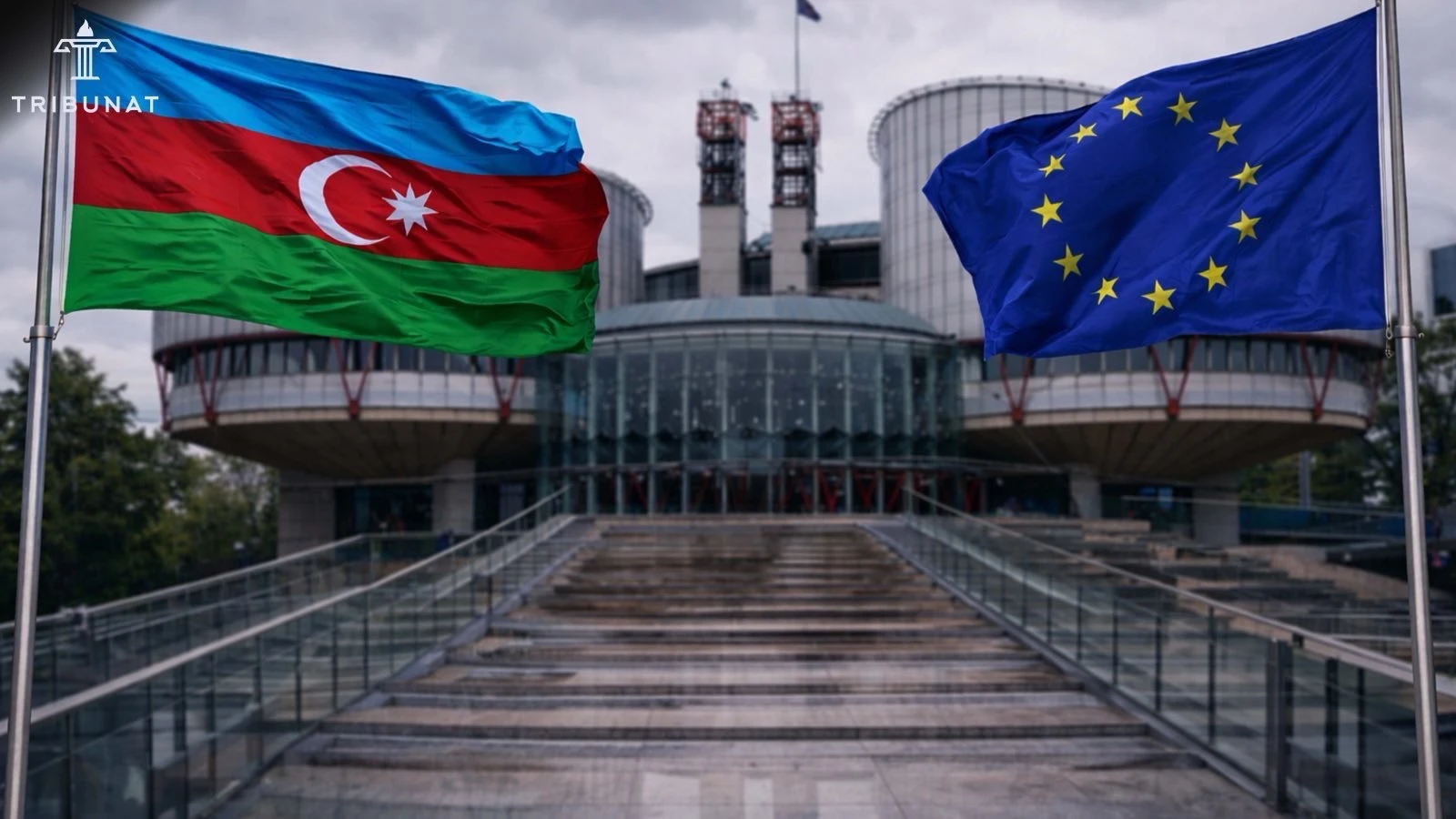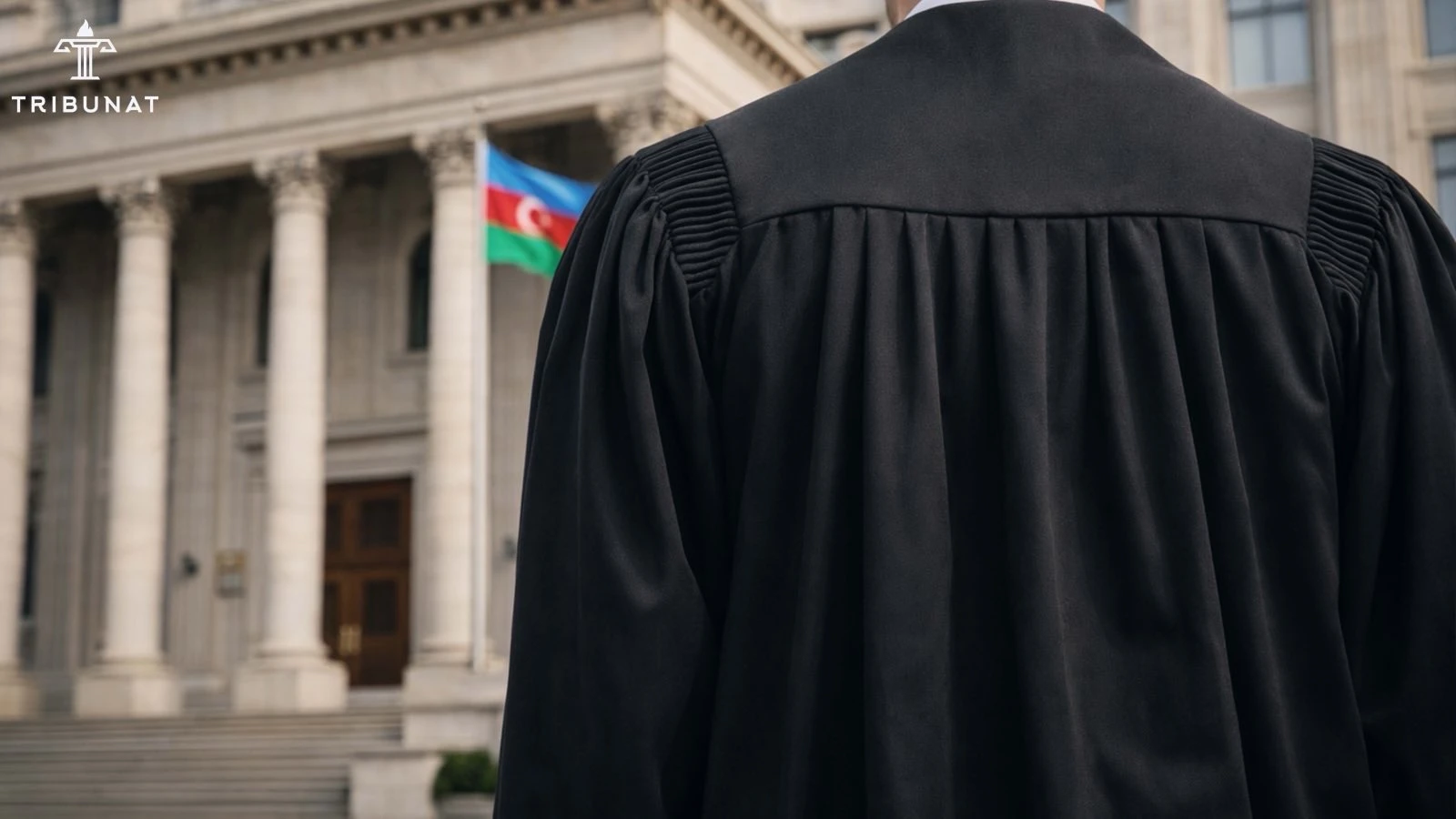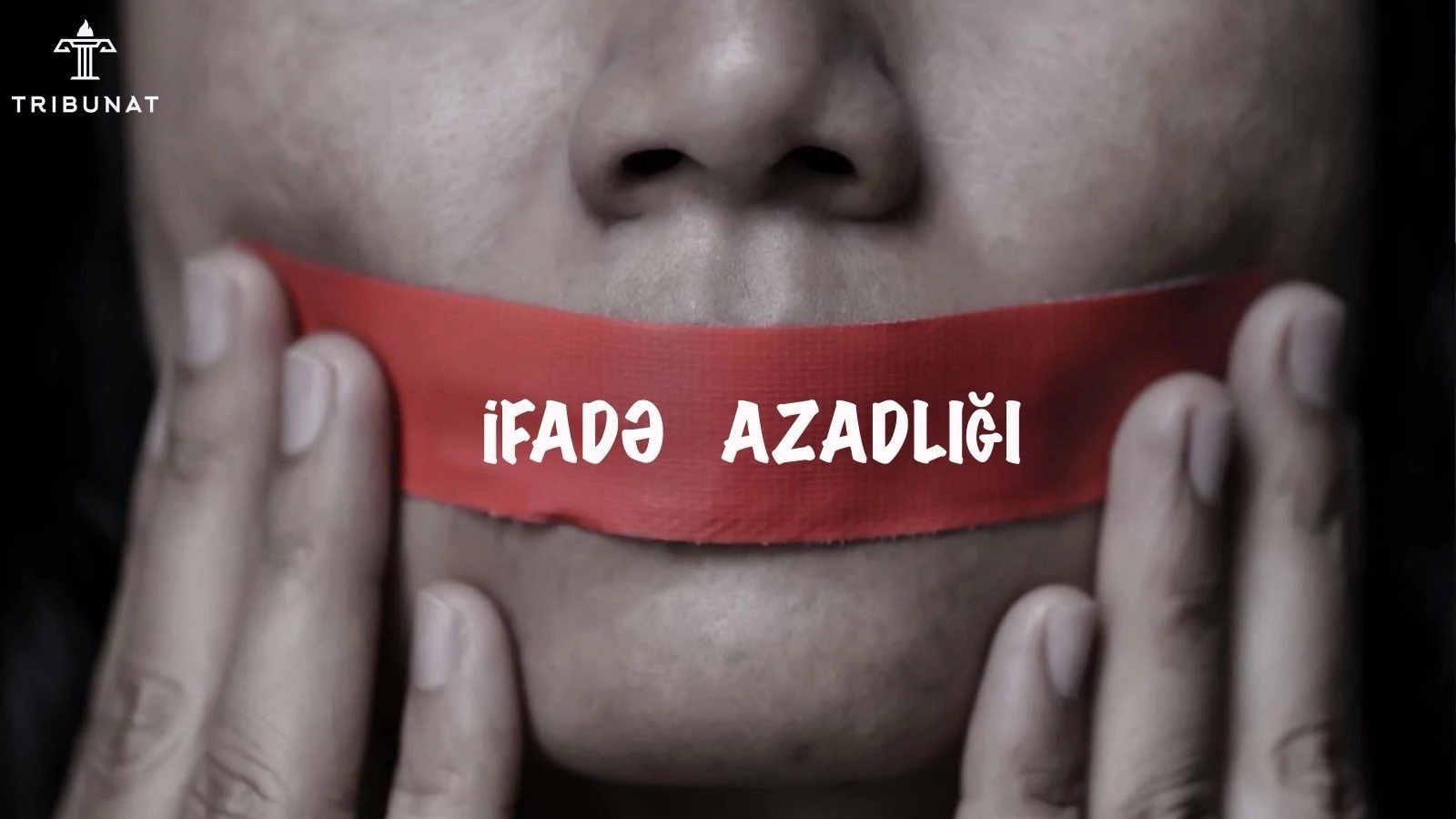The practice of suspended sentences and alternative preventive measures to arrest former officials accused of embezzling millions of manats from the public budget is widespread in the country. Simultaneously, individuals considered political prisoners accused of economic crimes such as smuggling, illegal entrepreneurship, and the like are brought to criminal liability. In addition, different standards in the approach to the cases of well-known individuals accused of various types of intentional harm to health and individuals considered political prisoners can be observed.
Nonetheless, unlike former officials and prominent figures, those considered political prisoners are only subject to arrest as a preventive measure and to real penalties in the form of deprivation of liberty.
“Tribunat” analyzed this practice, which has developed in the judicial system, in the context of right to equality before the law and the court.
Between November-December of 2022, Rafael Aliyev, the former Minister of Finance of the Nakhchivan Autonomous Republic, was arrested on charges of embezzling 15 million AZN, Mansur Asgarov, the former head of the Nakhchivan Customs Committee, Sahhat Habibbeyli, the chairman of the State Customs Committee, were arrested on charges of embezzling 132 million AZN, Hijran Rustamov, the former head of the Committee Urban Planning and Architecture, was arrested on charges of embezzling 212 million AZN. In March 2023, the preventive measure against these individuals was changed to house arrest, while Habibbeyli already was under house arrest. In the meantime, R. Aliyev and M. Asgarov were indicted and received 12 years of suspended sentence.
Moreover, in December last year, the former head of the Baku City Youth and Sports Department, Ragif Abbasov, and the head of the financial and economic sector of the same department, Eldeniz Gulamov, were charged with Article 179.4 of the Criminal Code (embezzlement – with especially large amounts). The former officials are accused of embezzling about 1 million AZN of public funds. However, the court also opted for an alternative preventive measure for arrest for them during the investigation period. Similarly, the People's Artist Agadadash Agayev, who was charged with Article 221.3 of the Criminal Code (hooliganism committed with the use of objects used as weapons), police supervision was chosen as a preventive measure during the investigation period.
Yet, former political prisoners accused of similar crimes - journalist Khadija Ismayil, human rights defender Intigam Aliyev and a large number of other journalists, human rights defenders, politicians and public activists - were accused of economic crimes for much smaller amounts than former state officials, but the court ordered imprisonment in named cases. In recent days, the Baku Grave Crimes Court found political prisoners Bakhtiyar Hajiyev guilty of smuggling, illegal entrepreneurship, legalization of funds or other property obtained through crime and sentenced him to 10 years of imprisonment, and Afiaddin Mammadov, chairman of the Confederation of Workers' Desk Trade Unions, to 8 years in prison on charges of intentional infliction of serious bodily harm, hooliganism and illegal holding of weapons.
In similar vein, independent media representatives accused of smuggling, for which preliminary investigation and court proceedings are ongoing, and human rights defender Rufat Safarov, accused of intentional infliction of minor bodily harm and fraud, have been held in the Pre-Trial Detention Center for months, despite the fact that no investigative acts have been undergone.
In accordance with Article 70 of the Criminal Code of the Republic of Azerbaijan, in case the court considers it possible for the convict to reform without serving a sentence, a decision on the conditional application of the sentence under certain conditions may be issued. These conditions include:
1) the fact that the convicted person has been sentenced to correctional labor, restriction in military service, detention in a disciplinary military unit, or imprisonment for a certain period of time;
2) the nature of the committed crime, the degree of public danger, the identity of the convicted person, as well as circumstances mitigating and aggravating the punishment.
Former officials are accused of embezzling millions of manat from the state budget, while those considered political prisoners are charged with smuggling money into the country—even if we consider the allegations against them to be legitimate, the total amount involved varies around a hundred thousand manat. Among the officials mentioned above, the individual accused of the smallest amount is charged with embezzling 1 million manat.
The 9 people accused in the Toplum TV case, who are also known as political prisoners, are accused of smuggling a total of approximately 123 thousand AZN, and the 6 employees of Abzas Media are accused of smuggling a total of 40 thousand euros (approximately 70 thousand) AZN into the country. Unlike those accused of embezzling millions of AZN, they were arrested pre-trial proceedings and have been held in custody for an extended time.
Article 25 of the Constitution of the Republic of Azerbaijan enshrines that everyone is equal before the law and the court. Article 6 of the Criminal Code states that persons who have committed a crime are equal before the law, and Article 11 of the Code of Criminal Procedure states that criminal proceedings are conducted on the basis of equality of rights before the law and the court. No one may be held criminally liable or punished, or exempted from punishment or criminal liability, on the basis of racial, national, religious, political, sexual and other characteristics. The bodies conducting criminal proceedings shall not give preference to any of the persons participating in criminal proceedings, regardless of the aforementioned features and on the basis of other considerations not justified by law.
These principles when applied to the current situation, the varying indictments and sentences imposed on political prisoners and former officials are inherently discriminatory. Azerbaijani courts treat representatives of both groups (former officials and political prisoners) inversely when they are charged with the same or similar charges. For example, the application of “soft” sentencing measures against former civil servants does not correspond to the gravity of the crimes they are accused of, thus reducing public confidence in the fair administration of justice.
The court does not provide any explanation of the grounds for the “soft” sentences imposed on former officials, or mitigating circumstances existing in their situation. The failure to provide any clear information on what the penalties are based on demonstrates that the means used are not reasonably proportionate to achieving the aim (the penalty) and that the objective is not legitimate. The judgments do not clearly explain and justify the reasons for which the court considered it possible for the convict to reform without serving a sentence, which is the main column of the institution of conditional sentence.
However, punishment is imposed with the aim of restoration of social justice, reformation of the convict, and prevention of new crimes by both convicts and other individuals.
This, as emphasized in the Carson and Others v. The United Kingdom, is inconsistent with the principles of “legitimate aim” and “reasonable proportionality”.
As the Court pointed out in the case of D.H. and Others v. the Czech Republic (§ 177), once difference in treatment of political prisoners has been established, the burden of proof falls on the Court to show that that difference is justified. It must demonstrate what legitimate aim the “light” sentences imposed by the Court on former officials served in comparison with the severe sentences for political prisoners and that the difference was justified. However, the failure to provide such evidence and to explain the reasons for it would amount to discrimination and would result in a violation of Article 14.
“Tribunat” concludes that, since there was no reasonable correlation between the lighter sentences imposed by Azerbaijani courts on former officials and the harsher sentences imposed on those considered political prisoners, this dual approach could be assessed as a violation of Article 14 of the ECHR. The failure of the courts to provide a legitimate aim for these punitive measures demonstrates that the proceedings were not administered fairly and unbiased. The fact that a State, in breach of its obligation to treat everyone equally and fairly within its legal system, treats its citizens differently on the basis of their political affiliation is in conflict with its duty of neutrality and impartiality. This situation leads to a violation by the State of the principles of equality of rights and fairness and undermines confidence in the legal system.






